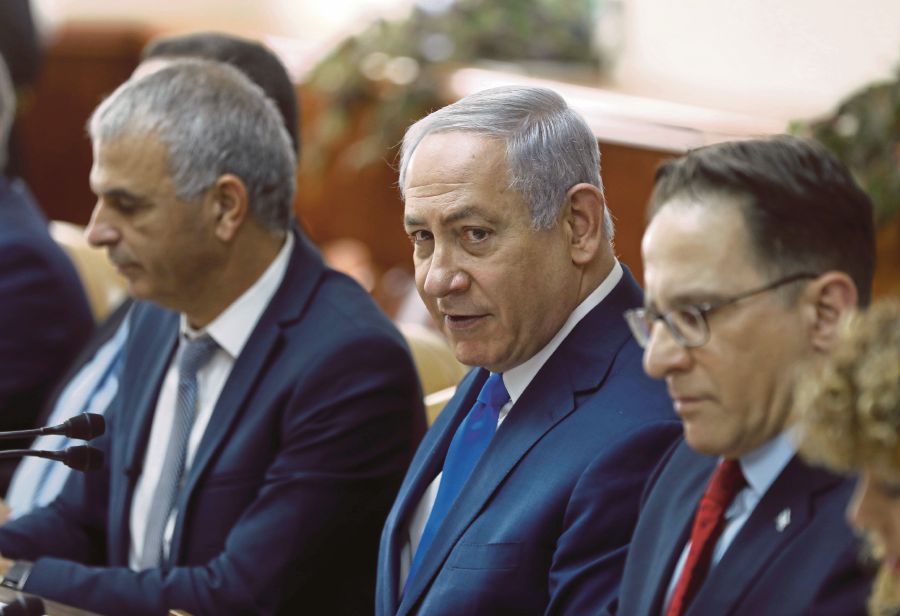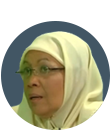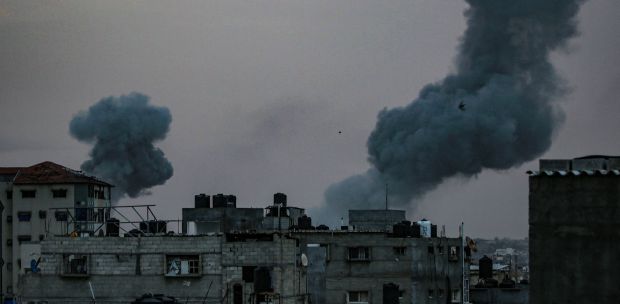THE recent declaration by US President Donald Trump to endorse Jerusalem as the capital of Israel and the negative global response have caused Israel to become more paranoid and defensive overnight. The incident has led to a series of over-exaggerated policies and political statements from the state.
Firstly, Israeli Prime Minister Benjamin Netanyahu called for the United Nations Relief and Works Agency for Palestinian Refugees (UNRWA) to be scrapped, stating that the agency was aiding “fictitious refugees”. Netanyahu’s comments came less than a week after Trump threatened to cut off American funding to the Palestinian Authority (PA).
Last week, the world witnessed proposed changes that will add a clause to Israel’s penal law, allowing the death penalty to be used against those convicted of “terrorist activity”. It can’t be denied that this new death penalty bill specifically “targets Palestinians”.
Recently, one of Israel’s irrational responses was to publish a list of 20 international groups whose members will be barred from entering the Jewish state. These groups have been associated with the Boycott, Divestment and Sanctions (BDS) movement.
The BDS campaign is a Palestinian-led non-violent movement launched in 2005 by more than 250 Palestinian civil society organisations calling for the international community to act against Israel via economic and cultural boycotts. BDS was inspired by the South African Boycott Apartheid movement launched in the 1950s but only gained momentum 30 years later. The movement discourages the purchase of goods from Israel and pressures international companies to avoid conducting business in Israel.
The movement has three goals: to end the occupation of Palestine, grant equal rights for Palestinian citizens of Israel and the right of return for all Palestinian refugees to their homes.
Israel has long attempted to squash the BDS. Israel’s Strategic Affairs Ministry has allocated US$36 millon (RM143.6 million) for a plan to combat the movement. Whilst some Israelis believe that the BDS profile is too small to make an impact, the BDS has, to some extent, influenced global dialogue on the Israeli occupation for over a decade.
Its success is mainly due to “soft” tactics as opposed to definitive solutions, allowing ordinary citizens of any country the opportunity to participate democratically. Other tactics include exposing Israeli records such as the arms sales to Myanmar, which was recently accused of crimes of genocide.
Yet, BDS is far from “undemocratic”, using neither “terror” nor “coercion” to meet their objective, rendering the new Israeli ban a “hypersensitive” or “unhinged” response. Israel’s move caused a variety of retort from the targeted groups, with some expressing disappointment and condemnation, and others hailing it as a “clear victory” for the BDS movement as symbol of “significance”.
Activists claimed the new policy represented a “broader crackdown” on non-violent Palestinian rights’ movements aimed at holding Israel accountable to international law.
Gary Spedding, a British cross-party consultant on Israel and the Palestinian Territories, told the Independent: “BDS blacklist is the latest example of just how fragile the regime actually is and demonstrates a hypersensitivity to legitimate criticisms of the state’s actions and policies vis-à-vis the Palestinians.”
Included in the list is the American Friends Service Committee (AFSC), a group that won the Nobel Peace Prize in 1947 paradoxically for its work to rescue and provide relief to the Jews during the Holocaust.
Jewish Voice for Peace, founded by American Jews to “seek an end to the Israeli occupation of the West Bank, the Gaza Strip and East Jerusalem”, was also included in the list. The executive director of JVP, Rebecca Vilkomerson, claimed Israel’s move as an “erosion of democratic norms”.
Ahmad Tibi, a member of the Arab Joint List, a coalition of parties representing Palestinian citizens of Israel in the Knesset, said it was ironic for Israel, a self-proclaimed “Jewish state” that calls itself a democracy, to ban groups which are against settlements, occupation and apartheid.
It cannot be denied that Trump’s recent policy has helped to increase the anti-Israel sentiment in both the Muslim and non-Muslim world which irritates Israel and pushes it to a point of obsession over anything or everything that seemingly is against it.
Such irrational fixation might only intensify Israel’s erosion of the “rule of law” in its proper sense to promote the values of freedom, democracy, equality and non-discrimination. As Kofi Annan famously said, “Every nation that proclaims the rule of law at home must respect it abroad and every nation that insists on it abroad must enforce it at home”. Eroding this value with further unhinged decisions by Israeli leaders will only appear more “psychotic”.
The writer, Dr Paridah Abd Samad a former lecturer of UiTM, Shah Alam and International Islamic University Malaysia, Gombak, is a Fullbright scholar and Japan Institute of International Affairs Fellow. She can be reached via paridahabdsamad@yahoo. com.my






